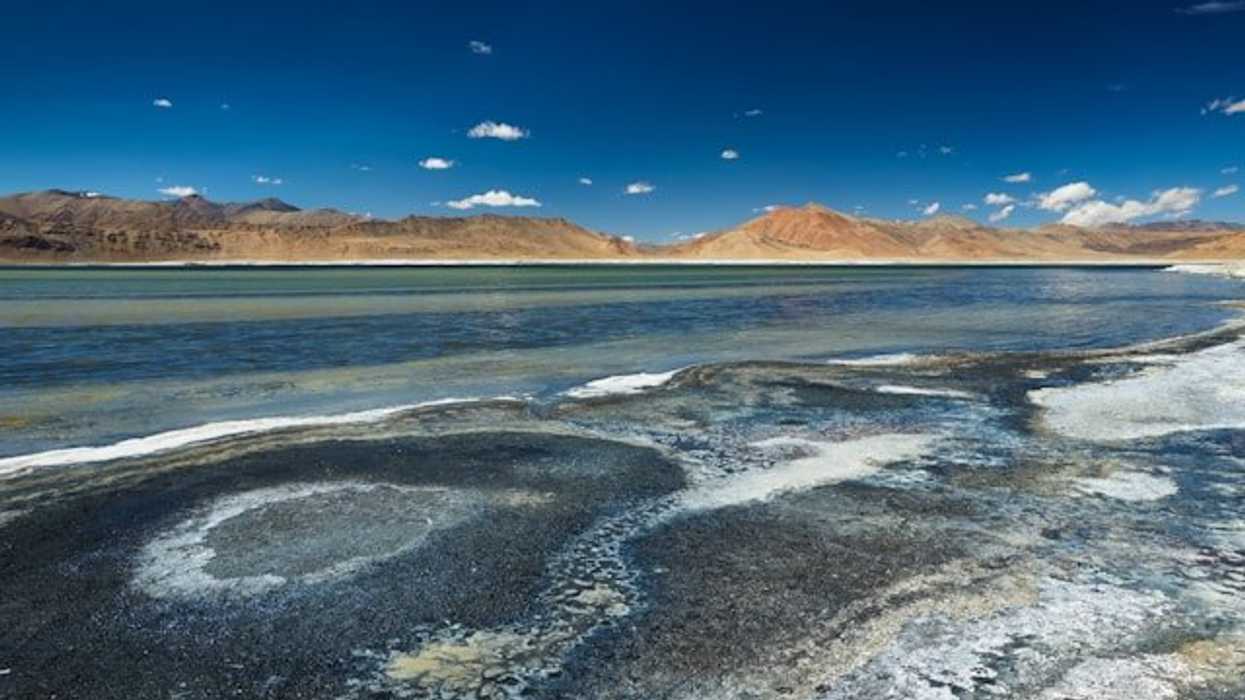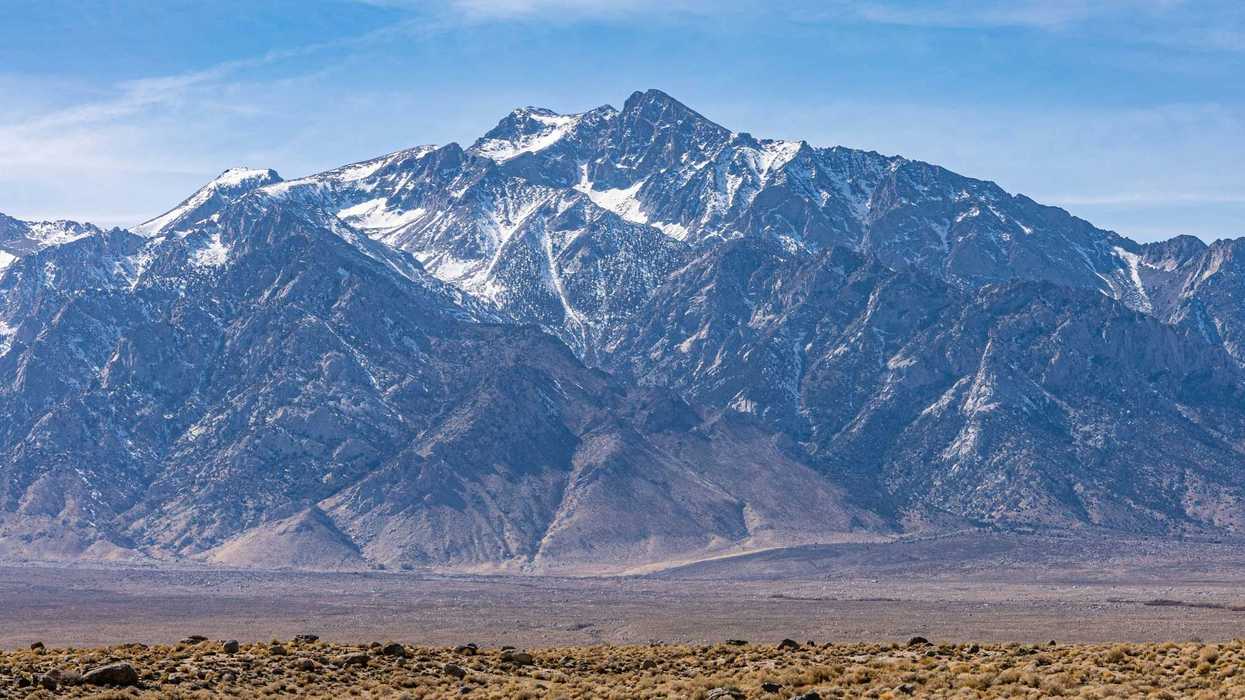Texas is rapidly advancing its nuclear energy ambitions, with state leaders and private companies planning next-generation reactors to power industrial operations.
Dylan Baddour reports for Inside Climate News.
In short:
- Texas-based Natura Resources and California’s Kairos Power have permits to build advanced nuclear reactors, aiming for completion by 2027.
- The state legislature is considering public financing to support nuclear projects, with Texas A&M University establishing a site for multiple commercial reactors.
- New reactor designs use alternatives to water for cooling, such as molten salt, which could improve safety and efficiency while reducing waste.
Key quote:
“We need energy in Texas, we need a lot of it and we need it fast.”
— State Sen. Charles Perry, chairman of the Senate Committee on Water, Agriculture and Rural Affairs
Why this matters:
Texas, the nation’s largest energy producer, is positioning itself as a leader in nuclear innovation. With rising electricity demands from industries like data centers and oilfield operations, nuclear power could offer a reliable, low-carbon alternative to fossil fuels. However, concerns remain over safety, waste disposal, and the role of public funding in private projects. Advances in reactor design could address some of these issues, but long-term viability depends on regulatory approvals and infrastructure investments.
Related: Texas explores mini nuclear reactors as a power solution














